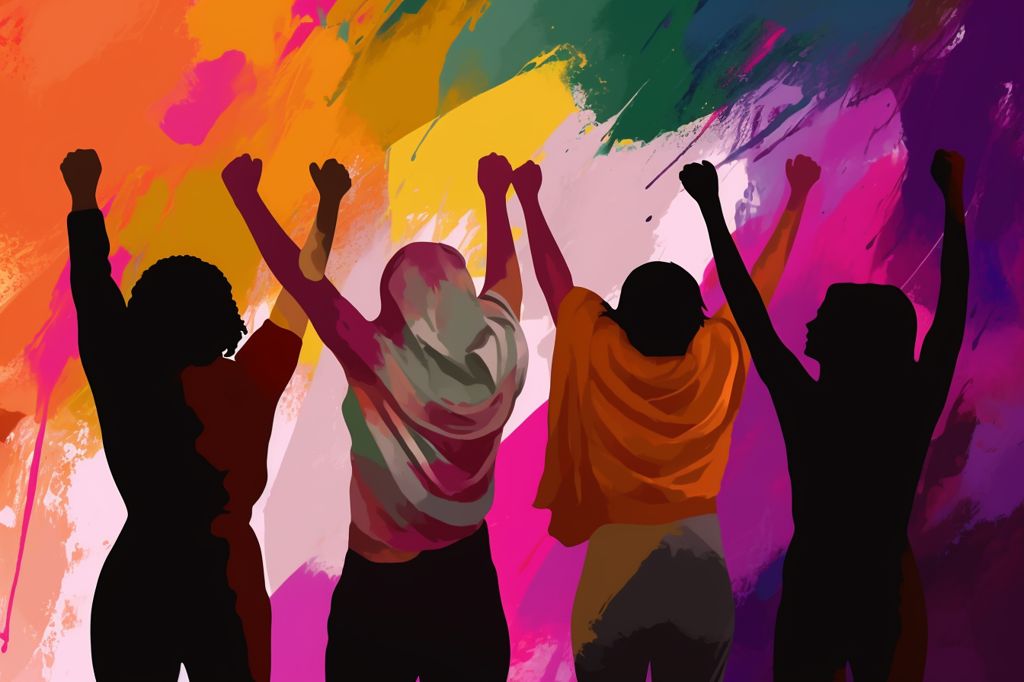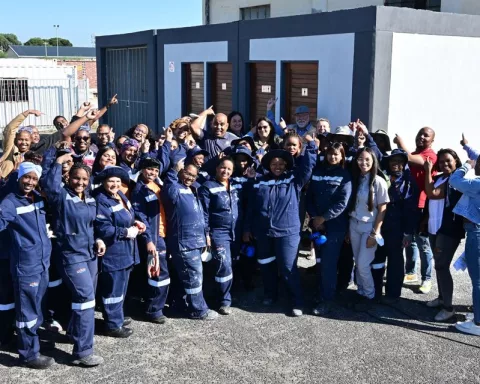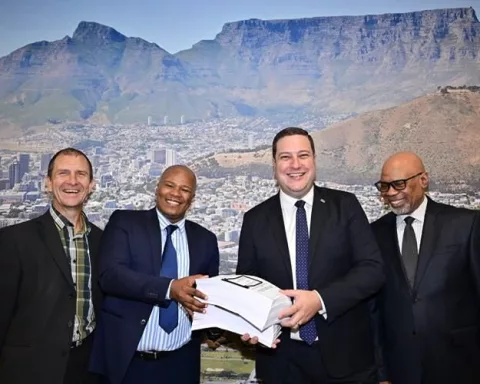Minister Patricia de Lille recently spoke at the Women in Tourism Breakfast during the Africa Travel Indaba. In her speech, the Minister emphasized the importance of supporting and uplifting women within the tourism sector and acknowledged the challenges faced by women in the industry. She urged them to rise to the occasion, claim their rights and act on them.
Women in Tourism Program
The Department of Tourism initiated the Women in Tourism program to drive the inclusion of women entrepreneurs in the industry. The program offers training on personal development, helps women develop a competitive advantage in their businesses, and provides capacity-building initiatives. With established chapters in all nine provinces of South Africa, Women in Tourism continues to grow and create positive change for women in the sector.
UNWTO Global Report on Women in Tourism
Minister de Lille highlighted the United Nation’s World Tourism Organization (UNWTO) Global Report on Women in Tourism, which showed that women make up a large proportion of the formal tourism workforce but are often underrepresented at professional levels and earn less than their male counterparts. Women in Tourism was established to address these issues and create opportunities for women in the industry.
Achievements
Several achievements have been made through the Women in Tourism Programme in partnership with the Department of Tourism and other partners. These include business management training and mentorship for 225 women, covering various areas such as business planning, financial management, marketing strategy, and operations management. Additionally, 450 women-owned tourism SMMEs have been assisted through capacity-building initiatives.
Call to Action
Minister de Lille urged the Women in Tourism chapters to continue reaching out to more women, especially in rural areas, support their growth and development in the sector through various initiatives and programs. She also encouraged women to utilize their leadership skills and take charge of the tourism industry.
Collaboration and Partnership
Minister de Lille further underscored the role of collaboration and partnership in ensuring the success and sustainability of the Women in Tourism program. She encouraged the different chapters and stakeholders to work together in identifying opportunities for growth, partnership, and expansion in the tourism sector.
Policies and Regulations
Alongside the Women in Tourism program, Minister de Lille also highlighted the need for policies and regulations that support women’s economic empowerment in the tourism sector. This would involve efforts to address gender pay gaps, promote equality in the workplace, and ensure that women have equal opportunities to participate and excel in the tourism industry.
Mentorship and Role Models
In her speech, Minister de Lille also highlighted the importance of mentorship and role models in empowering women in the tourism sector. She called on established women entrepreneurs and industry leaders to share their knowledge, experience, and success stories with aspiring women entrepreneurs, thereby inspiring and motivating them to pursue their dreams in the tourism industry.
Overall, Minister Patricia de Lille’s pledge to empower women in the tourism industry reflects a strong commitment to promoting gender equality and social inclusion in the sector. Through the Women in Tourism program and related initiatives, the Department of Tourism aims to create a supportive and inclusive environment where women entrepreneurs can thrive and contribute to the growth of the tourism industry in South Africa.












